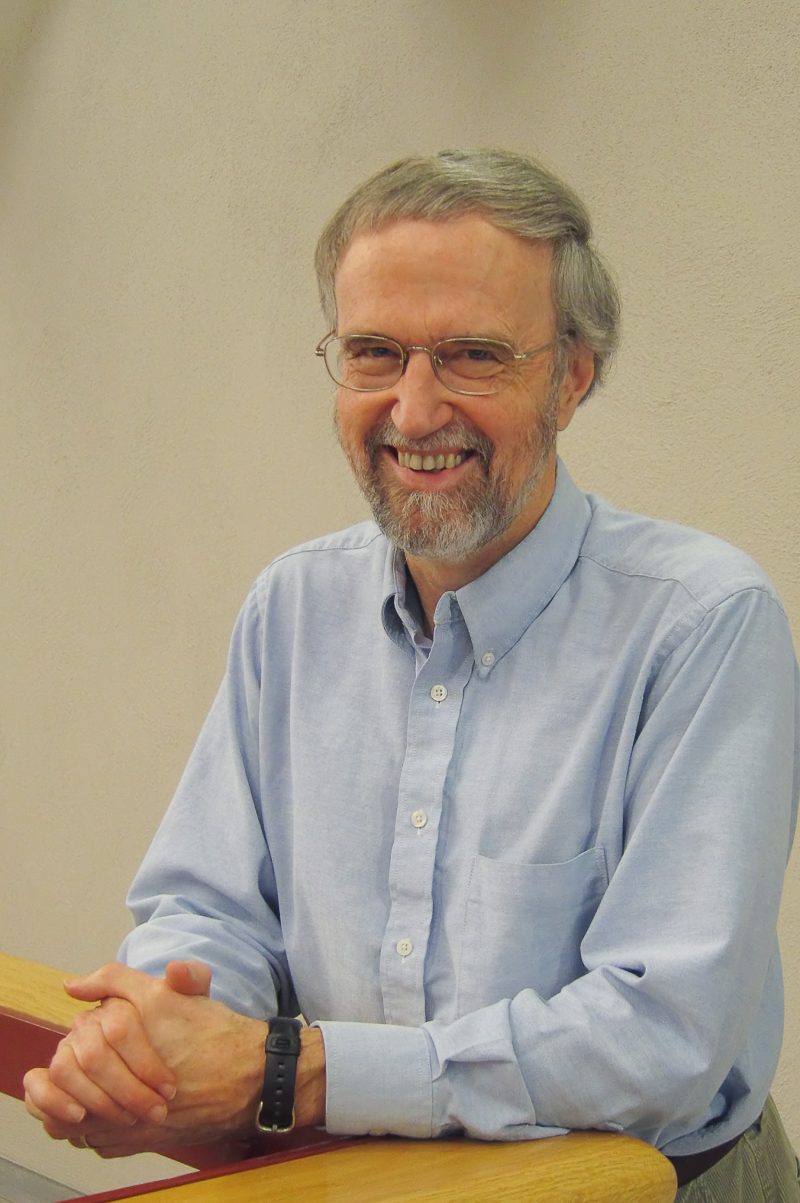

Graham C. Walker
Graham Walker received his Honors B.Sc. from Carleton University in Ottawa, Ontario, and his Ph.D. from the University of Illinois at Urbana-Champaign. He conducted postdoctoral research at the University of California, Berkeley, and joined MIT’s biology department in 1976. He is an affiliate member of MIT’s Koch Institute of Integrative Cancer Research. Walker was elected to the National Academy of Sciences in 2013 and is an American Cancer Society Professor and Howard Hughes Medical Institute Professor. He is a fellow of the American Academy of Arts and Sciences, the American Association for the Advancement of Science and the American Academy of Microbiology. He has also received other awards, including an Environmental Mutagen Society Award, a John Simon Guggenheim Memorial Fellowship and a Woodrow Wilson Fellowship. Walker is a MacVicar Faculty Fellow for his undergraduate teaching. Walker was editor and then editor-in-chief of the Journal of Bacteriology for 16 years, and coauthored DNA Repair and Mutagenesis (ASM Press).
Walker has contributed to our understanding of how cells respond to damage to their DNA and the mechanisms they use to repair or tolerate such DNA damage. His lab provided the first direct evidence, in any organism, that physiological responses to DNA damage can be caused by changes in transcription, and that the induced genes encode functions required for DNA repair, mutagenesis and cell cycle checkpoints. Walker was the first to clone and characterize genes encoding translesion synthesis (TLS) DNA polymerases and key mismatch repair proteins. Walker’s recent work has demonstrated that interfering with the function of mammalian error-prone TLS DNA polymerases can aid chemotherapy and has unexpectedly provided insights into the action of bactericidal antibiotics. Walker’s studies of the symbiosis between the nitrogen-fixing bacterium Sinorhizobium meliloti and legumes have provided detailed insights into the molecular mechanisms necessary for the bacteria to establish the chronic infection that underlies the symbiosis. They have also led to the discovery of relationships between rhizobia and chronic intracellular human pathogens and the discovery of the missing step in vitamin B12 biosynthesis. Walker used his HHMI Professorship to run an education group that developed the internationally used, freely available educational software StarBiochem, StarGenetics and StarCellBio.